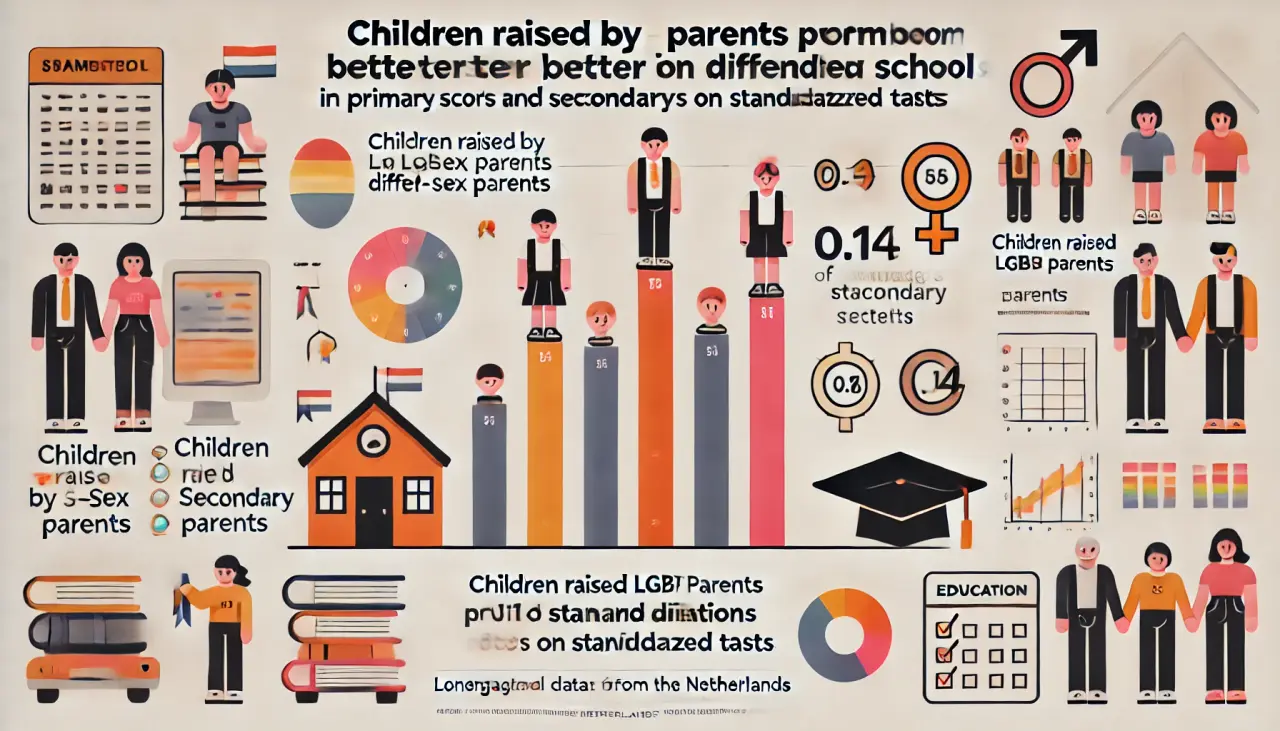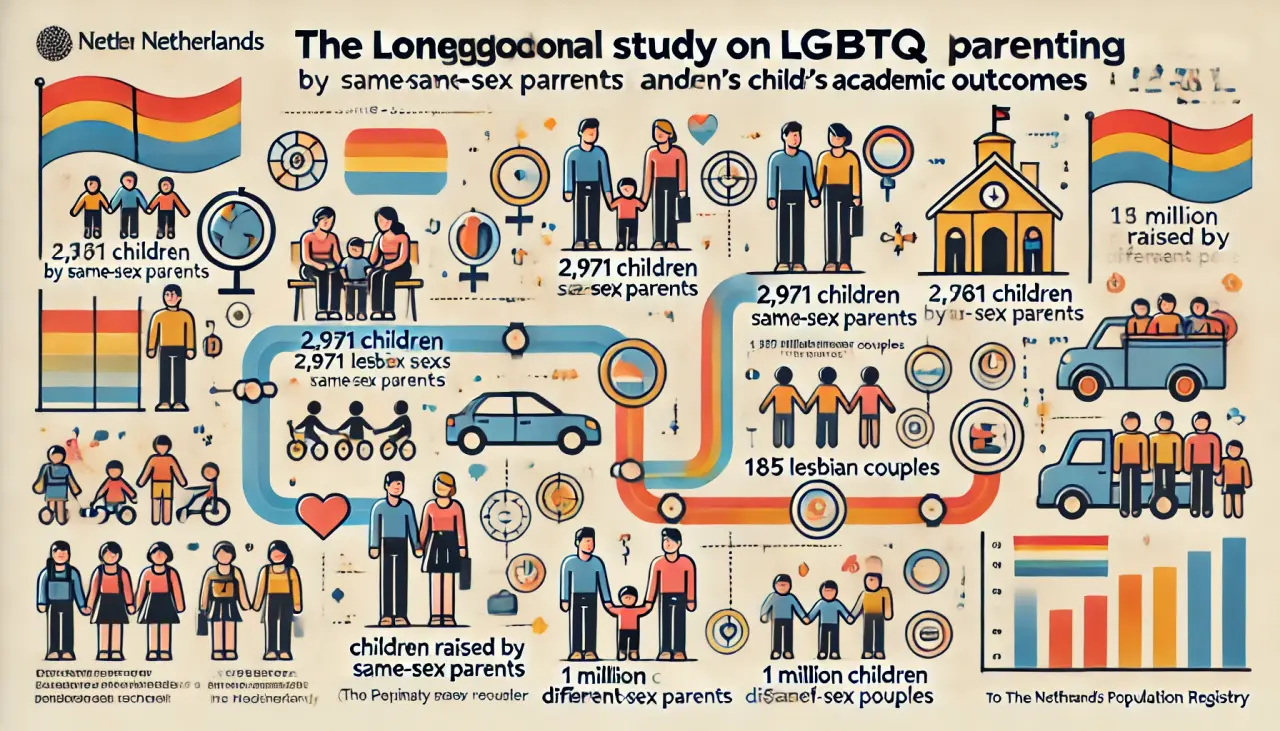
Surrogacy in Germany: Legal Issues for LGBTQ Couples and Parental Rights Abroad
Successful Ruling: German Citizens and Permanent Residents Establish LGBTQ Rainbow Families through Surrogacy
In July 2023, a German lawyer successfully obtained legal recognition of parenthood for a client who had used surrogacy abroad, through a ruling from the Düsseldorf District Court. This decision spared the clients the lengthy adoption process. Not only did this judgment mark a new milestone in Germany’s surrogacy legal landscape, but it also represented a breakthrough for LGBTQ male couples wishing to have children.
Surrogacy Legal Framework in Germany
The issue of parental rights after surrogacy is complex. In Germany, surrogacy is prohibited. Furthermore, the German Civil Code (BGB), specifically Section 1591 and subsequent provisions, initially denied intended parents the legal recognition of parenthood due to this prohibition. Consequently, legal disputes over parental rights for children born through surrogacy abroad have been ongoing for many years.

Who are the Initial Legal Parents of a Child Born via Surrogacy under German Law?
The legal status of parents is governed by the BGB. Since surrogacy is illegal in Germany, the law does not recognize the intended parents as legal parents. As such, the biological mother, the woman who gives birth, is always considered the child’s legal mother under German law. In cases of surrogacy, the surrogate mother remains the legal mother, regardless of any contractual agreements.
According to German law, the child’s father is either the mother’s husband, a man who has a biological connection to the child, or a man determined by a court. Notably, for same-sex (married) couples, the law has not yet provided that a same-sex spouse automatically becomes a legal parent of the child. Therefore, a spouse without a biological link to the child must adopt the child (via stepchild adoption) in order to be legally recognized as a parent. This adds a further layer of complexity for same-sex couples. In many cases, adoption procedures are carried out abroad to establish a familial relationship between the intended parents and the child.
The situation may change if a German court recognizes the foreign determination of parental rights. This recognition can apply to both parents, whether the mother or father.
German Family Court’s Initial Ruling: Recognition of Two Fathers as Legal Parents
In 2021, two German citizens used a surrogate in Mexico, where they were living at the time, and had a child. The child was granted Mexican citizenship at birth. In order to have both fathers listed on the birth certificate, the couple filed a lawsuit in Mexico and won. Both fathers’ names were included with a shared surname, and the surrogate mother was not listed on the birth certificate.
In 2022, the fathers applied in Germany for recognition of the Mexican birth certificate. Their application was initially rejected. Instead, the German registry office confirmed the genetic father’s paternity and the surrogate mother’s maternity. The couple then took legal action to have both fathers listed in the family registry.
The German court ruled that since one of the fathers was a German citizen, the child was also a German citizen. The court also determined that both applicants had parental rights over the child.
The key point here is that the Mexican court’s decision to list both fathers as parents in the birth certificate constituted a ruling under the German Family Affairs and Non-contentious Jurisdiction Act (FamFG) Section 108, and therefore had to be fully recognized by the German court. Section 108(1) of the FamFG states: “… Foreign judgments shall be recognized without the need for special proceedings.”

Does the Recognition of Parental Rights after Surrogacy Abroad Align with German Law?
German courts primarily focused on whether recognizing the foreign parental status after surrogacy violated public policy. Public policy (i.e., public order) rejects foreign laws that might lead to unacceptable outcomes. According to Section 109(1)(4) of the FamFG, if the outcome of a foreign judgment conflicts with fundamental principles of German law, particularly if recognition violates fundamental rights (thus violating public policy), it will not be recognized.
The Düsseldorf District Court noted that it followed the Federal Supreme Court’s decision of December 10, 2014 (XII ZB 463/13). The court had already ruled in 2014 that, according to Section 108 of the FamFG, foreign judgments are decisive for confirming parental rights, so that German courts can recognize parenthood without conducting their own review. If intended parents were registered in the birth certificate without a court or official decision, German law would require a separate review of parental rights, which in most cases does not recognize the intended parents as legal parents.
The Federal Supreme Court made a key ruling that foreign court decisions establishing legal relationships—distinct from mere registration of relationships—could be recognized.
Legal Assistance for German Family Law
If you have also become a parent through surrogacy abroad, or are considering surrogacy, it is highly recommended to consult a lawyer. Legal experts in German family law can support you in every aspect of the process. A legal evaluation of your situation is undoubtedly an emotionally stressful experience, and you can rely on the guidance and support of legal professionals. They will offer comprehensive advice on the necessary legal steps, help initiate the surrogacy process, and provide legal guidance throughout.